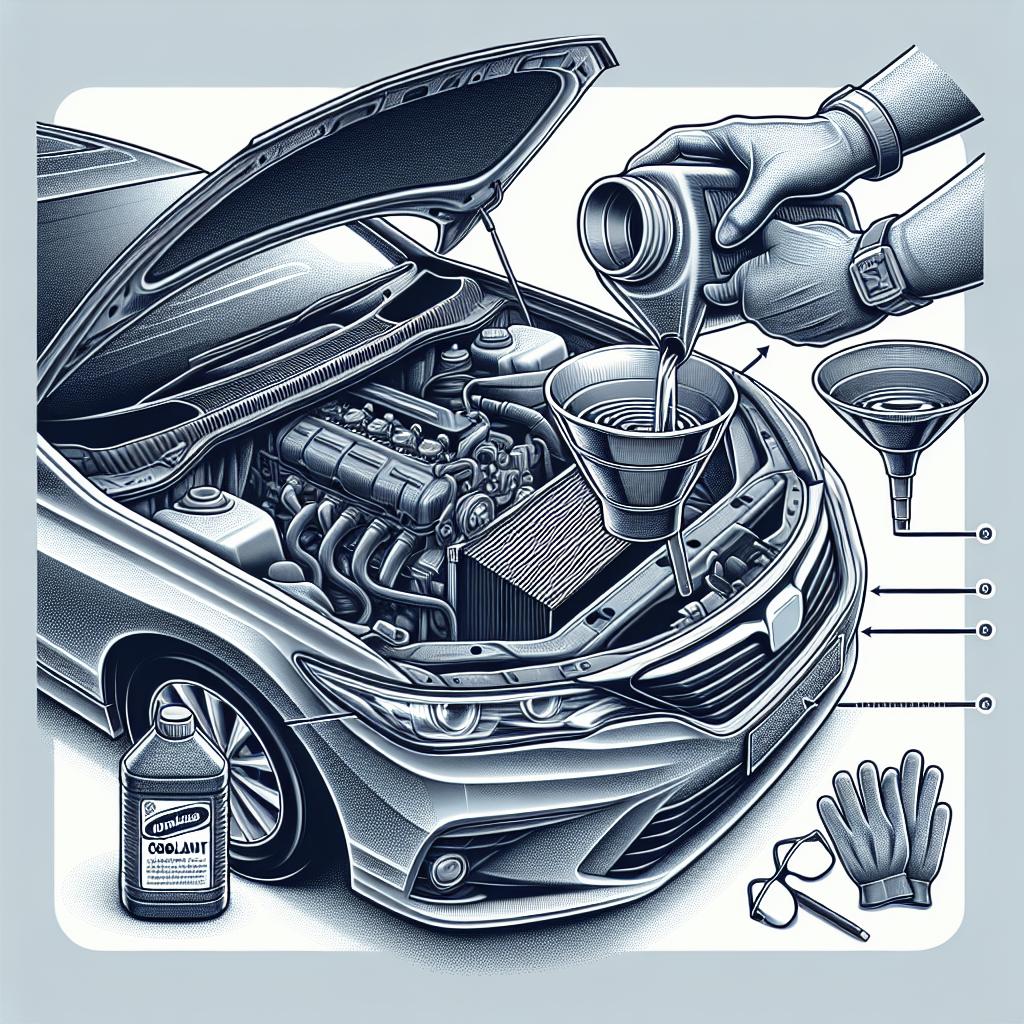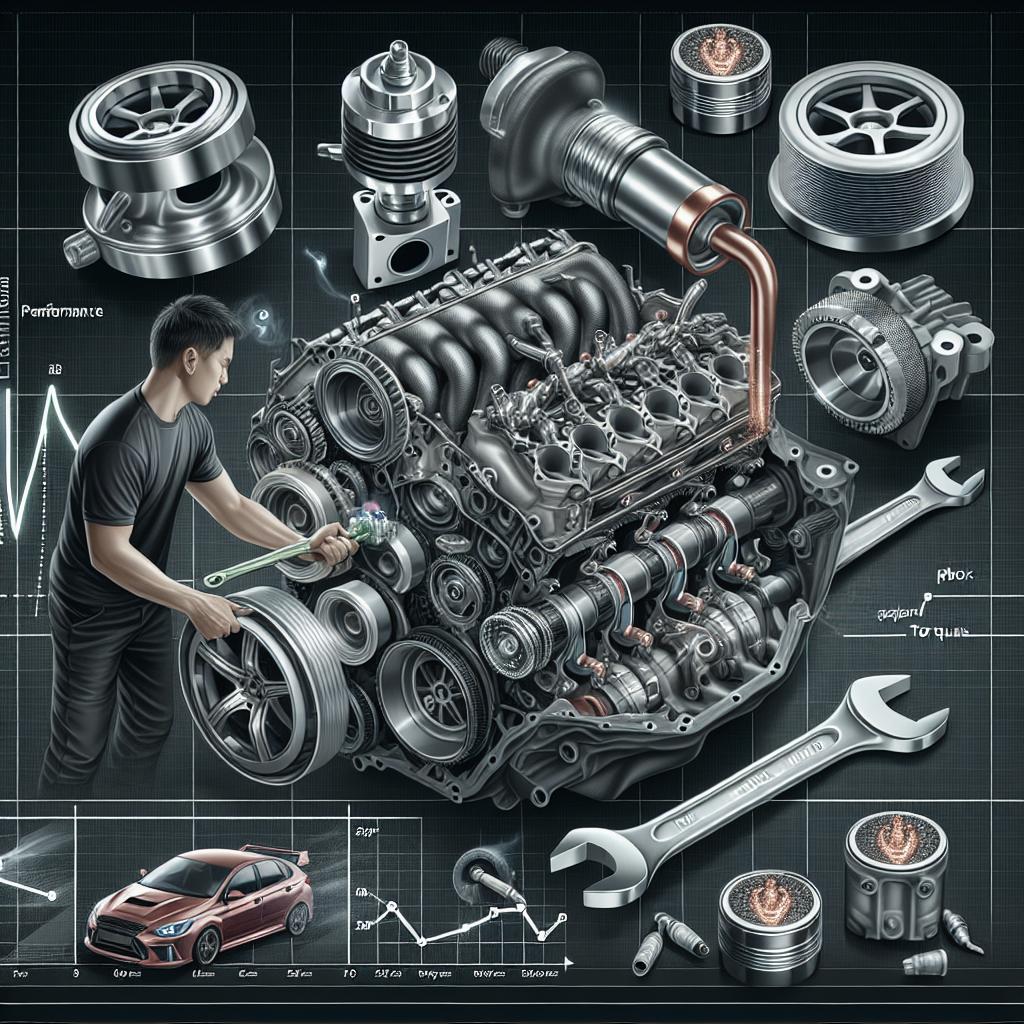“`html
How to Maintain a High-Performance Car
Owning a high-performance sports car brings unparalleled excitement and pride. However, these vehicles demand attentive care and maintenance to ensure they perform at their best. This article aims to offer insight into the crucial elements of maintaining a sports car for enthusiasts and those engaged in auto service programs. We will explore how keeping a sports car clean is integral to its longevity, understand how high speeds impact tires, and the importance of monitoring fluid levels to ensure peak performance. Whether you’re a new owner or seasoned driver, these tips can help maintain your vehicle’s exceptional condition.
Sports Car Maintenance Tips for Those in Auto Service Programs
Students enrolled in auto service programs often encounter sports cars as part of their curriculum. Understanding the intricacies of maintaining these vehicles goes beyond routine check-ups and dives into performance-specific needs. High-performance vehicles, with their powerful engines and sophisticated technologies, provide unique learning experiences. Regular oil changes, spark plug checks, and brake inspections form the bedrock of sports car maintenance and should be religiously adhered to in any service routine.
Moreover, academic programs emphasize the importance of understanding the vehicle’s manual, which provides critical information on service schedules and specialized maintenance tips. Having this knowledge aids in diagnosing issues early, preventing costly repairs, and sustaining the car’s optimal performance. Educators encourage hands-on practice paired with theoretical learning to prepare students for real-world scenarios, ensuring they meet the high standards expected in the automotive industry.
Sports Cars Should Be Kept Clean
Keeping a sports car clean goes beyond mere aesthetics; it’s about preserving the vehicle’s performance and lifespan. Dirt, grime, and road salt can cause significant damage if left unchecked, particularly to the car’s paint and undercarriage. Regular washing prevents these elements from compromising the car’s exterior and can help maintain its resale value. Employing proper cleaning techniques with quality products ensures that your sports car remains in pristine condition.
Interior cleanliness is equally important, contributing to a pleasant driving experience and longevity of the car’s components. High-end materials used in sports cars, such as leather and alcantara, require specific care to avoid deterioration. Regular vacuuming and using the right cleaning agents can keep the interior in excellent shape. Additionally, routine checks for any wear and tear or potential problems can identify areas needing attention before they become significant issues.
High Speeds Can Damage Tires
One of the distinct pleasures of a sports car is its ability to reach impressive speeds, but this can take a toll on the tires. High speeds generate more heat and friction, leading to faster tire deterioration. It’s crucial to regularly inspect tires for wear, alignment, and pressure to ensure they can handle the performance demands. High-performance tires are an investment, and taking the proper steps to maintain them can prolong their life and maintain safety.
Balanced tire rotation and timely replacement are essential practices that sports car enthusiasts should embrace. Driving habits should be adjusted to reduce excessive tire wear, such as avoiding sudden starts and stops and taking care when cornering sharply. A regular tire maintenance routine not only preserves the integrity of the tires but also enhances the overall driving experience, providing better grip and handling on the road.
Sports Car Drivers Should Monitor Fluid Levels
Regular monitoring of fluid levels is a fundamental aspect of sports car maintenance. High-performance engines rely heavily on various fluids, such as oil, brake fluid, transmission fluid, and coolant, to function correctly. Ignoring these can lead to overheating, mechanical failures, and significant repair costs. Owners should routinely check these fluids and replace them at intervals recommended by the manufacturer to maintain engine health and efficiency.
Utilizing high-quality fluid products is also vital to ensure the vehicle operates at peak performance. Synthetic oils and specialized fluids formulated for high-performance cars can provide better protection and efficiency. Employing professional services for fluid changes can also be beneficial, as they have the expertise to spot potential issues that might need addressing. Staying vigilant about fluid maintenance can dramatically extend the life and performance of a sports car.
Future Prospects
As advancements in automotive technology progress, maintaining a high-performance sports car will increasingly require the latest knowledge and practices. While traditional skills remain foundational, emerging trends like digital diagnostics and synthetic component use are shaping the future of car maintenance. Prospective owners and current sports car enthusiasts should anticipate these changes and keep abreast of new techniques and technologies to ensure their vehicles continue to deliver an exhilarating driving experience.
| Section | Key Points |
|---|---|
| Sports Car Maintenance Tips for Those in Auto Service Programs | Importance of regular checks, understanding manuals, and combining theory with practice. |
| Sports Cars Should Be Kept Clean | Benefits of cleanliness on aesthetics and performance; specific care for interiors. |
| High Speeds Can Damage Tires | Regular inspections, correct tire maintenance practices, and adjusting driving habits. |
| Sports Car Drivers Should Monitor Fluid Levels | Significance of fluid checks, using quality products, and professional maintenance services. |
“`


